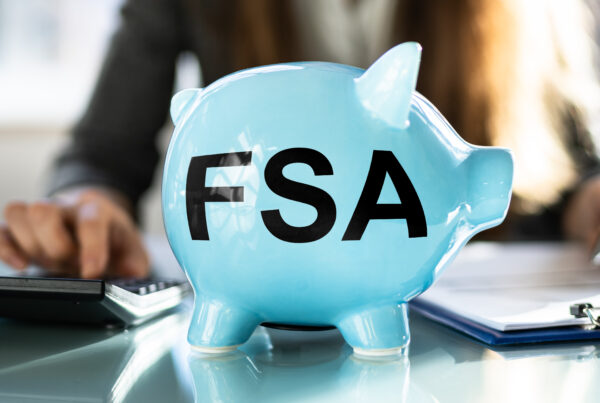By: Kalin Goble, M.S. & Jason Jowers, M.S. MFT.
Caregivers are known to be tough and strong. You are often expected to put your needs aside to provide care for a loved one above all else. This is especially true for military caregivers that take care of a loved one who is a wounded service member. However, while you are caring for others, who takes care of the caregiver? We wanted to share some resources we found that can provide help. These resources are tools that promote self-care and well-being.
Maintaining Emotional Health
This article from brainline.org focuses on caregiver self-care and the importance of emotional health. They share tips on how to ask for help which include reaching out to social contacts, taking breaks, and seeking out support groups. These ideas can be a great start for caregivers to help navigate the unique challenges of caring for a loved one while also caring for your own well-being.
Dealing with Stress
The Psych Armor Institute also has some fantastic courses and resources. These resources include a seven-part course on Stress First Aid. This series includes tools for self-assessment and best practices for caregivers which focus on strengthening caregivers’ support systems and confidence. Also, this course helps in sustaining a sense of calm and safety by sharing stress-reducing techniques.
Other courses on the topic of caregiving include the ABC’s of Respite Care. This course covers the network of care available for caregivers and caregiver wellbeing. Another great course is called Good Grief, which focuses on grief associated with death, job loss, or severe changes to physical well-being. You can access all of Psych Armor’s resources for caregivers at psycharmor.org.
Connecting to Support and Safety
The VA has their Caregiver Support webpage, chock-full of government resources for military caregivers. They offer a caregiver support line, where you can contact trained, mental health professionals in your respective state of residence. Visit www.caregiver.va.gov to find out more about the support line and how they can help.
OneOp Resources
Finally, this Resource Discovery blog post we wrote features the Caregiver Self-Care Activity Book, provided by VA Caregiver Support. This book is also full of great suggestions when it comes to self-care for military caregivers. Taking care of one’s own wellbeing is vital in being able to successfully take on the role of caregiver. As this quote from an unknown author states, “An empty lantern provides no light. Self-care is the fuel that allows your light to shine brightly.” So as caregivers, make sure to find time to prioritize your wellbeing and find what tools work best for you. We hope these resources assist in finding the fuel that allows your light to shine bright for yourself and those you care for.
References
BrainLine (2017). “Caregiver Self Care: Your Emotional Health.” Retrieved from: www.brainline.org/article/caregiver-self-care-your-emotional-health
PsychArmor Institute (2019). “Courses for Military Veteran Caregivers and Families.” Retrieved from: https://psycharmor.org/caregivers/
Blog Image: Photo from Pixabay [2 people holding hands by Pixabay, February 11, 2020, CC0]















